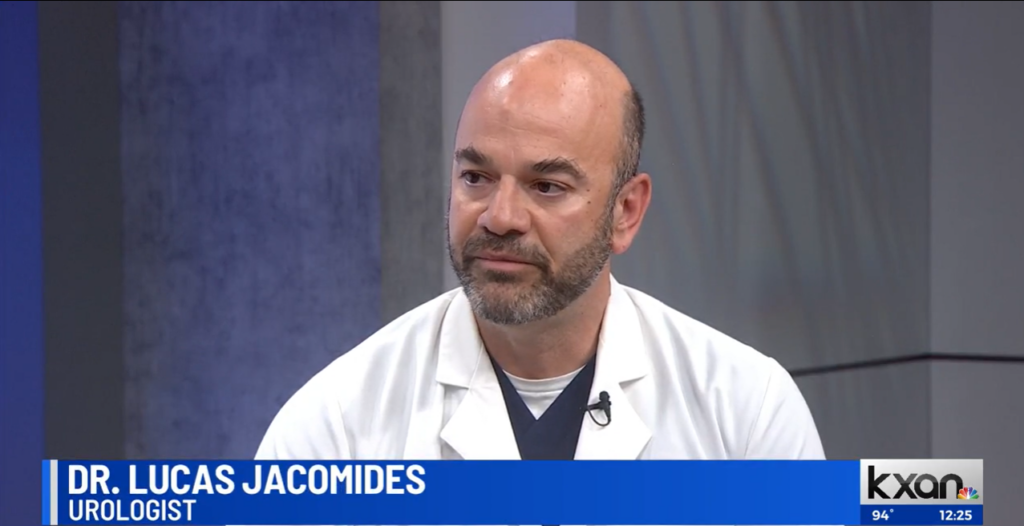
Changed Your Mind? Learn About Vasectomy Reversal
Sometimes, life throws curveballs. Many men get a vasectomy because they feel confident that they don’t want kids or their families are complete. But, about 6% of men change their minds at some point in their lives. For men who have had a vasectomy but want kids later, vasectomy reversal is a good option. Our Austin vasectomy specialists have high success rates for restoring fertility in men who choose this procedure.
How vasectomy reversal works
A vasectomy blocks or severs the vas deferens, which is the tube through which sperm would normally travel from the testes to outside of the body when ejaculated. Reversal is a microsurgical procedure that turns the vas deferens back into an open tube, so that sperm can once again flow into the ejaculate to achieve a pregnancy.
Depending on several factors, our Austin vasectomy specialists have multiple options to help men who have had a vasectomy but want kids. Which procedure is right for you is often discovered during surgery, and can depend on how many years it’s been since the vasectomy, among other factors.
- In a vasovasostomy, the surgeon reconnects open segments of the vas deferens, creating a complete, unblocked tube once again.
- In a vasoepididymostomy, the surgeon connects a segment of the vas deferens to a tubule of the epididymis, which is a duct connected to the testes that is much smaller than the vas deferens. This procedure is more complex than a vasovasotomy, so choosing an experienced vasectomy reversal surgeon is important.
Men should expect to take it easy for several days after the procedure, and can use ice packs and over-the-counter pain relievers to help with swelling and discomfort. Your surgeon will provide prescription pain medication to take for the first few days. Men should avoid strenuous physical activity for about one month after a vasectomy reversal, and should avoid sex and ejaculation for about two weeks.
After recovery, our Austin vasectomy specialists follow up by ordering semen analyses, starting about three months after surgery. These tests can show that the surgery has been successful in restoring sperm to the ejaculate. It can take many months for sperm counts to return to normal, so men should expect to provide a sample for semen analysis every few weeks for six months, or even up to a year or longer.
Hope for men who got a vasectomy but want kids
The good news is that in up to 95% of cases, reversal surgery is effective in restoring male fertility. Success rates are especially high for men who are eligible for the simpler vasovasostomy procedure.
If you’re considering vasectomy reversal to grow your family, reach out to Urology Specialists of Austin to schedule a visit with an experienced Austin, Round Rock and Dripping Springs vasectomy surgeon. We would be happy to answer all of your questions and discuss your options with you.














